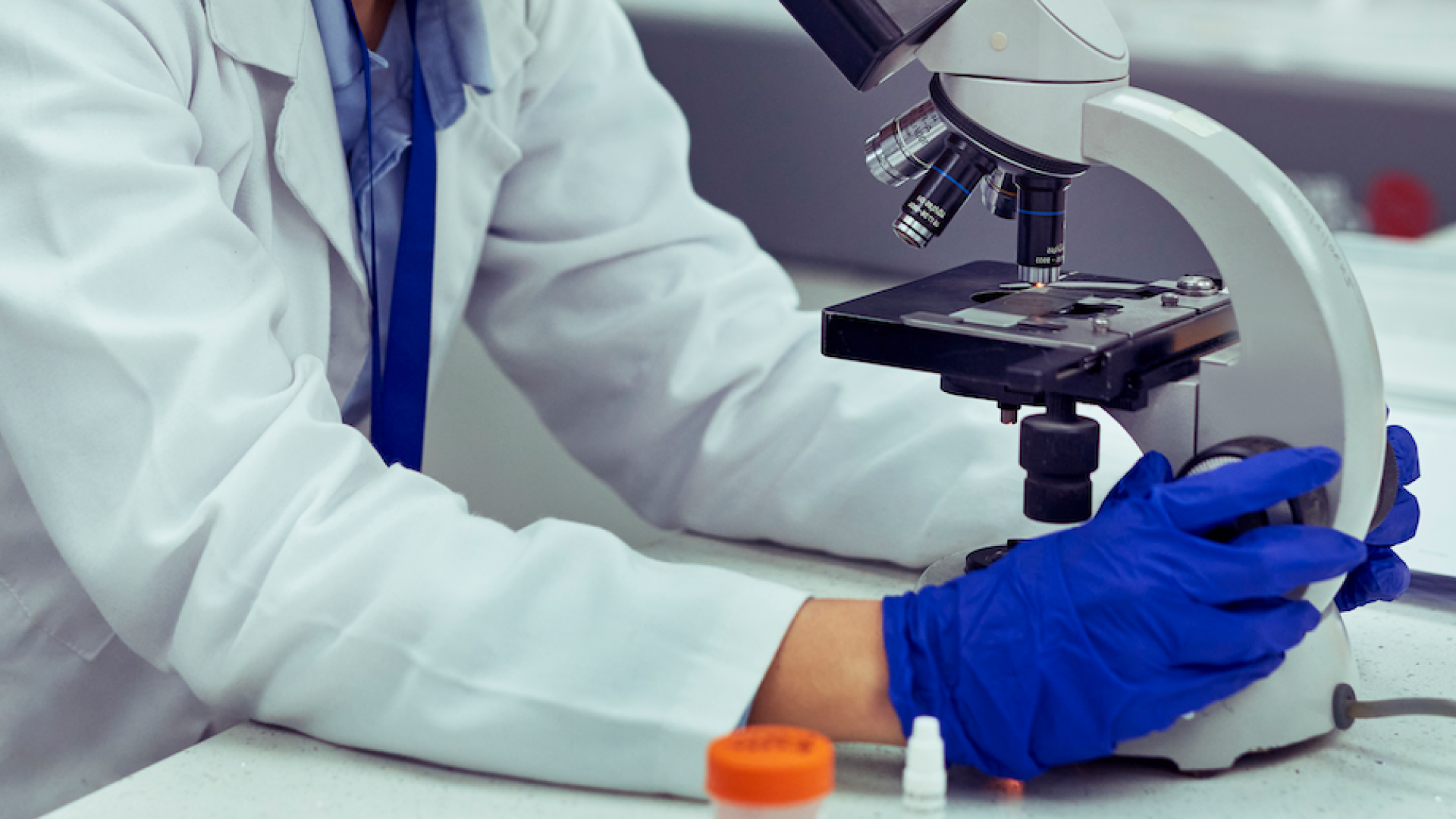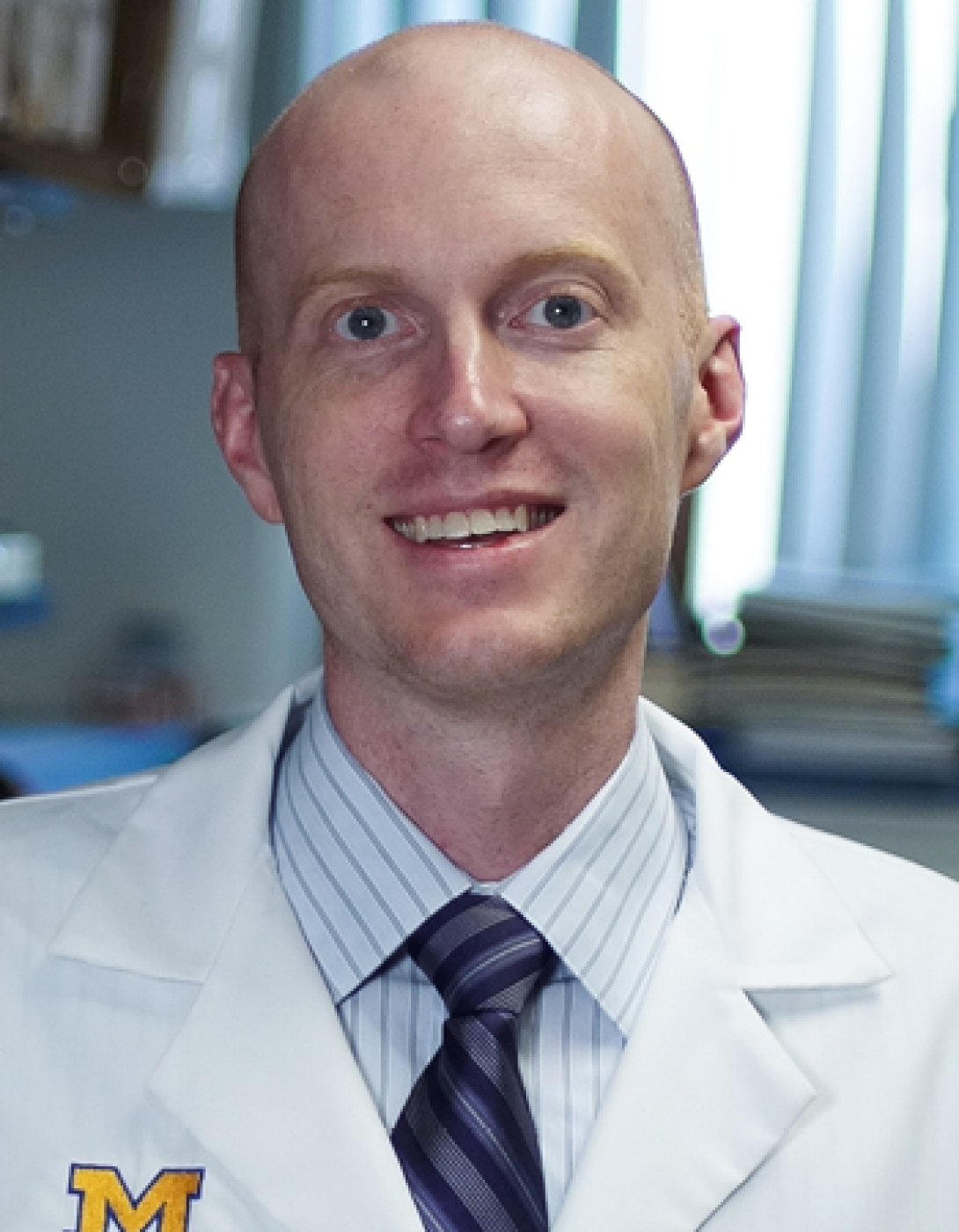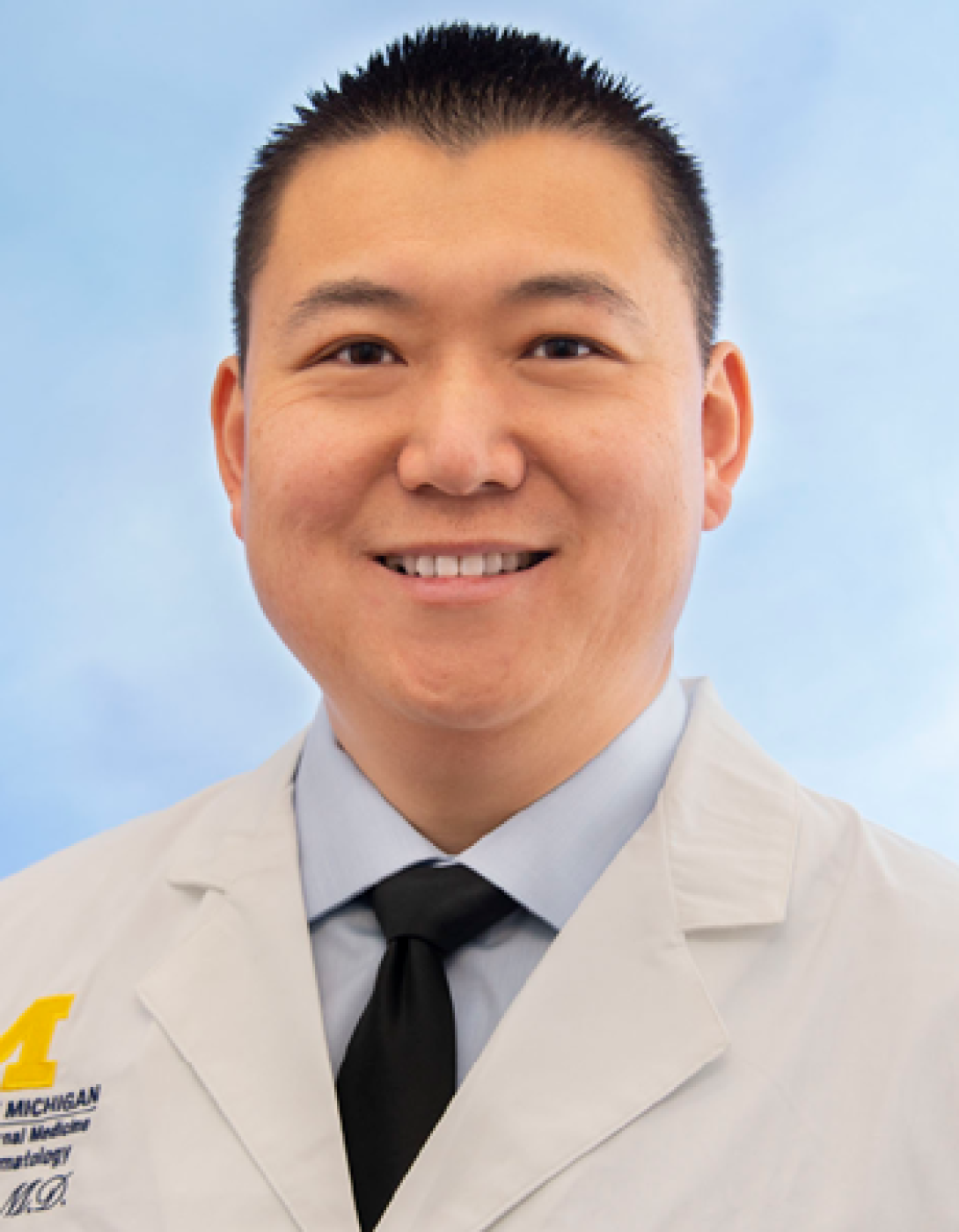Our team is working to advance the understanding of antiphospholipid syndrome and to identify new treatments that are more personalized and proactive.

Antiphospholipid syndrome (APS) is an unpredictable, chronic autoimmune disease that can cause dangerous clots to form in the body's blood vessels. An estimated 200,000 people in the United States have this condition that leads to serious and sometimes life-threatening complications including stroke, heart attack, and pregnancy-related problems such as miscarriage or premature birth.
Our team, along with many collaborators across Michigan Medicine, are working to advance the understanding of the disease process and identify new, sophisticated approaches to the treatment of APS that are both personalized and proactive. We are also taking what we learn about blood clotting in APS and applying that knowledge to other diseases including lupus, diabetes, and COVID-19.

Marvin and Betty Danto Research Professor of Connective Tissue Research
Associate Professor, Division of Rheumatology
Michigan Medicine Profile
Google Scholar Profile
Email: jsknight@med.umich.edu
Twitter: @jasonsknight

Edward T. and Ellen K. Dryer Early Career Professor of Rheumatology
Assistant Professor, Division of Rheumatology
Michigan Medicine Profile
Google Scholar Profile
Email: yzu@med.umich.edu
Twitter: @RayZuoMD
The patients in our APS clinic help to accelerate our research and are our most important partners in our fight against APS. Patients seen in our clinic are given the opportunity to be a part of our ANSWERS study, a prospective cohort study in which we regularly sample blood in pursuit of deep molecular phenotyping. Blood samples are taken to our labs, where we study the process of how antiphospholipid antibodies accelerate blood clotting. We believe this study will eventually allow us to treat patients before their first blood clot even happens.
New research holds exceptional promise for finally treating APS at its source. Donor funding makes a significant, measurable difference to researchers. Read Support Our Work to learn about the impact donor generosity can have on our research.